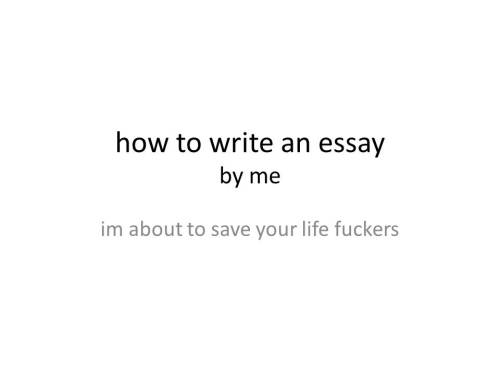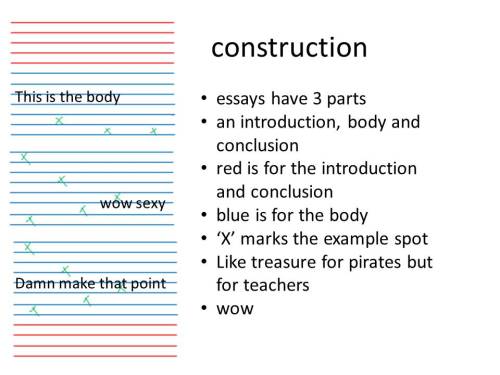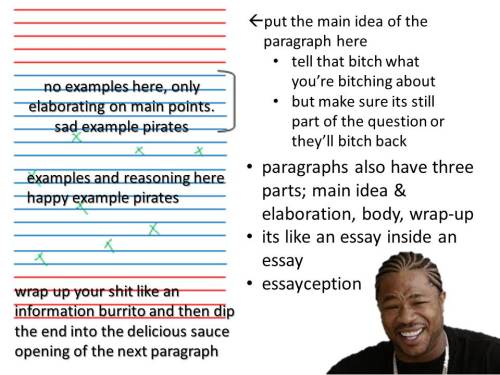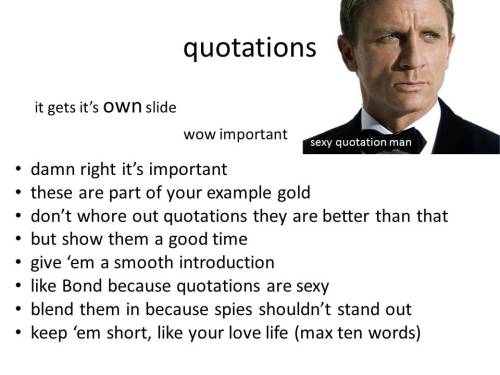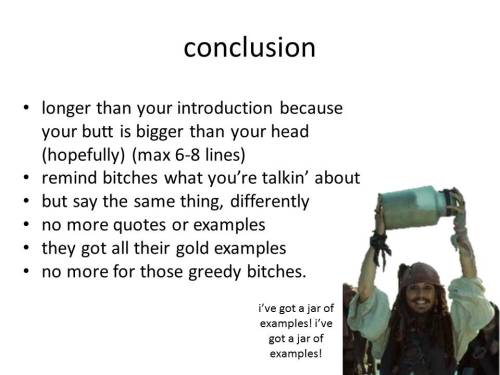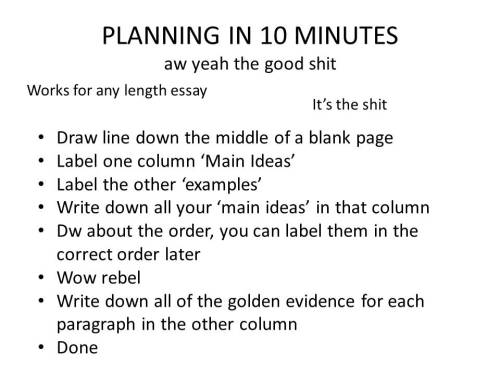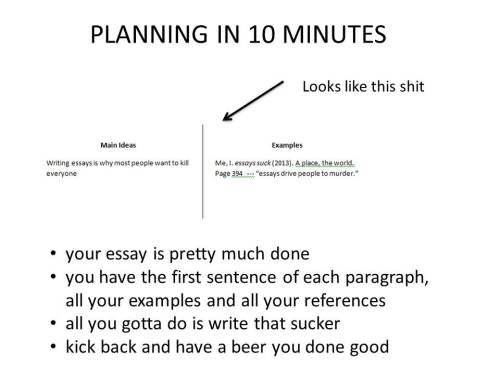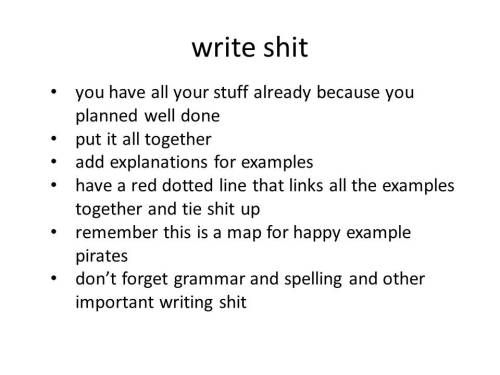I Work At A Writing Center - Tumblr Posts

Word Counter - Not only does it count the number of words you’ve written, it tells you which words are used most often and how many times they appear.
Tip Of My Tongue - Have you ever had a word on the tip of your tongue, but you just can’t figure out what it is? This site searches words by letters, length, definition, and more to alleviate that.
Readability Score - This calculates a multitude of text statistics, including character, syllable, word, and sentence count, characters and syllables per word, words per sentence, and average grade level.
Writer’s Block (Desktop Application) - This free application for your computer will block out everything on your computer until you meet a certain word count or spend a certain amount of time writing.
Cliche Finder - It does what the name says.
Write Rhymes - It’ll find rhymes for words as you write.
Verbix - This site conjugates verbs, because English is a weird language.
Graviax - This grammar checker is much more comprehensive than Microsoft Word, again, because English is a weird language.
Sorry for how short this is! I wanted to only include things I genuinely find useful.
Everything You Need To Know About MLA Format
General Format:
8.5 x 11 inch paper
Double spaced
Times New Roman font
12 pt font
Only one space after each period
1 inch margins on all sides
Indent the first line of each paragraph by half an inch
Use a header that includes your last name and page number in the top right hand corner
The First Page:
In the upper left hand corner:
Your Name
Your Instructor’s Name
The Class Title
The Date (Day Month Year)
The title of your paper should be one double-space down and should not be bolded, italicized, or underlined
The beginning of your paper should start one double-space down from the title with the first line indented by half an inch
What to Italicize and Quote:
Book titles are italicized
Play titles are italicized
Poem titles have quotation marks
Article titles have quotation marks
Chapter titles have quotation marks
In-Text Citations:
When you know the author’s last name
(Last Name Page Number) or
(Last Name Paragraph or Line Number)
When you don’t know the author’s last name
(Book Title Page Number)
(Article Title Page Number)
Remember to italicize the book titles and put the article titles in quotation marks
Works Cited Page:
Begin your Works Cited page on a separate page at the end of your research paper. It should have the same one inch margins and header as the rest of your paper
Label the page “Works Cited” (do not italicize or put in quotations) on the top of the page and center it
Double space all citations but do not skip spaces between entries
Indent the second line of a citation by half an inch
List sources in alphabetical order
If the source has more than one author, the first given name appears in last name, first name format and the following authors appear in last name, first name format separated by commas. The last author’s name should be preceded by an “and”
Citing Print Sources:
Book or Poem:
Last Name, First Name. Title of Book or Poem. City of Publication: Publisher, Year of Publication. Print.
Magazine or Newspaper Article:
Last Name, First Name. “Title of Article.” Title of Periodical Day Month Year: pages. Print.
Journal Article:
Last Name, First Name. “Title of Article.” Title of Journal Volume.Issue (Year): pages. Print.
Citing Web Sources:
Whole Website:
Name of Site. Sponsor or Publisher, date of resource creation. Web. Date of access.
Web Page or Web Article:
Last Name, First Name. “Title of Article.” Name of Site. Sponsor of Publisher, date of resource creation. Web. Date of access.
Online Journal Article:
Last Name, First Name. “Title of Article.” Title of Journal Volume.Issue (Year): pages. Web. Date of access.
Note: Don’t forget to indent the second line in the citation. I did not indent the examples because the indents on tumblr mobile and tumblr desktop differ starkly and I figured this was probably the less confusing way to write the information needed for a citation (trust me)
Unknown Information in Citations:
If the author is unknown, begin citation with the title
If the publisher is unknown, write “n.p.” in its place (no quotation marks)
If the publishing date is unknown, write “n.d.” in its place (no quotation marks)
I hope this guide is as useful for me as it it for you!
Academic Writing Resources
General:
The Five-Paragraph Essay
Using Punctuation Marks
Deadly Sins Checklist
Formatting Your Paper
Writing About Literature
Basic Essay
Revision Checklist
Planning and Organization
Editing and Proofreading
Latin Terms
Essay Structure
Tips on Introducing Quotes
Academic Writing Tips
Introductions:
Introductory Paragraphs
Introductions
Writing an Introduction
Preparing to Write an Introduction
Introduction Strategies
The Introductory Paragraph
Writing Effective Introductions
In The Beginning
Introductions and Conclusions
The Introductory Paragraph
Writing Introductory Paragraphs
How to Write an Intro
Body Paragraphs:
Paragraph Development and Topic Sentences
Transitions
Transitions
Transitions
Four Components of an Effective Body Paragraph
Writing Paragraphs
Paragraph Development
Body Paragraphs
Body Paragraphs
Strong Body Paragraphs
Body Paragraphs
Writing Body Paragraphs
How to Write Body Paragraphs
Writing the Body
Writing Body Paragraphs
Body Paragraphs
Body Paragraphs that Defend a Thesis
How to Write Body Paragraphs
The Perfect Paragraph
Topic Sentences:
Topic Sentences
Writing Topic Sentences
Topic Sentences
Topic Sentences
The Topic Sentence
Paragraphs and Topic Sentences
The Topic Sentence
Topics, Main Ideas, and Topic Sentences
Writing a Good Topic Sentence
Good Topic Sentences
Conclusions:
Writing Effective Conclusions
Introductions and Conclusions
Conclusion Paragraphs
Conclusion Strategies
Conclusions
Tips for a Strong Conclusion
The Concluding Paragraph
Ending the Essay
Types of Conclusions
Writing a Strong Conclusion
How to Write a Conclusion
Writing Conclusions
Guide to Conclusions
Thesis Statements:
The Thesis Statement
Thesis Statements
Writing a Thesis Statement
Thesis Statement
Tips and Examples
Writing a Thesis
Writing the Thesis
How to Write Your Thesis
The Thesis
Thesis Statements
Guidelines for Writing a Thesis
Thesis Statements
Thesis
Thesis Statements
The Thesis
Create a Strong Thesis
How to Write a Thesis
Developing a Thesis
Guide to Writing Thesis Statements
Thesis Statements
Citing:
When to Cite
APA Documentation
MLA Documentation
Suggestions for Citing Sources
Research and Citation Resources
Citation Information
MLA Guidelines for Citing Poetry
MLA Style for Poetry
How to Format Your Paper
Argumentative Essays:
Argumentative Essays
Argument
Argumentative Essays
Persuasive or Argumentative Essays
Argumentative Essay
Argument/Argumentative
Argumentative Essays
How to Write a Good Argument
How to Write an Argumentative Essay
Writing Conclusions to Argumentative Essays
Argumentative Essay
Persuasive Essay Writing
Writing Concluding Paragraphs
Constructing the Argumentative Essay
Writing About Poetry:
Writing About Poetry
Writing About Poetry
Writing About Poetry Q & A
Poetry Explications
Writing About Poetry
Writing About Poems
Explicating a Poem
Writing About Poetry
Writing a Thesis Paper About a Poem
How to Start a Poetry Introduction
Poetry Essay Structure
Poetry Explication
Expository Essays:
Structure of a General Expository Essay
Expository Essay Examples
Sample Expository Essay
Expository Writing
Expository Essay Model
Elements of Expository Essays
Expository Writing Information
Expository Essays
Writing Expository Essays
How to Write an Expository Essay
Tips on Writing an Expository Essay
Expository Essays
Essay Map
Writing Expository Essays
How to Create a Strong Expository Essay
Expository Essay Writing
The Expository Essay
Research Papers:
How to Write a Research Paper in Literature
Writing a Research Paper
The Research Paper
How to Write a Research Paper
Five Paragraph Research Paper
Sample Research Paper
Writing a Research Paper
Tips for a Research Paper
How to Write a Research Paper
Writing a Scientific Research Paper
Writing Research Papers
Research and Writing
Research Papers that Rock
How to Write an Effective Research Paper
College Application Essays:
Application Essay Tips
Application Essays
Tips
10 Tips
Application Essays
How to Write a College Application Essay
Tips for an Effective Essay
Do’s and Don’t’s
College Application Essay
How to Write a College Application Essay
Narrative Essays:
Narrative and Descriptive
Narrative Essay Writing
The Personal Essay
Narrative Essays
Narrative Essays
Writing Narrative Essays
Narrative/Descriptive
Narrative Essay
Writing a Narrative Essay
Tips on Writing a Narrative Essay
Guess who is now in charge of “meme Mondays” for my job’s social media?
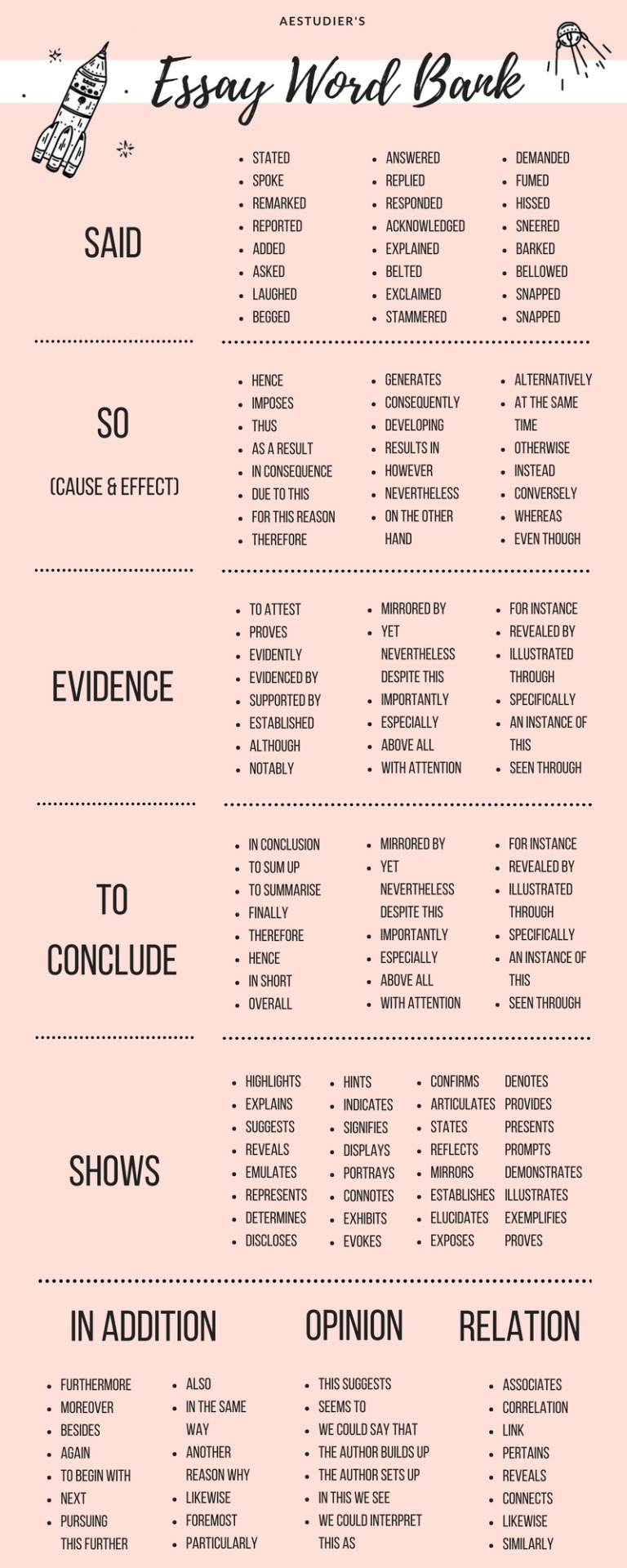
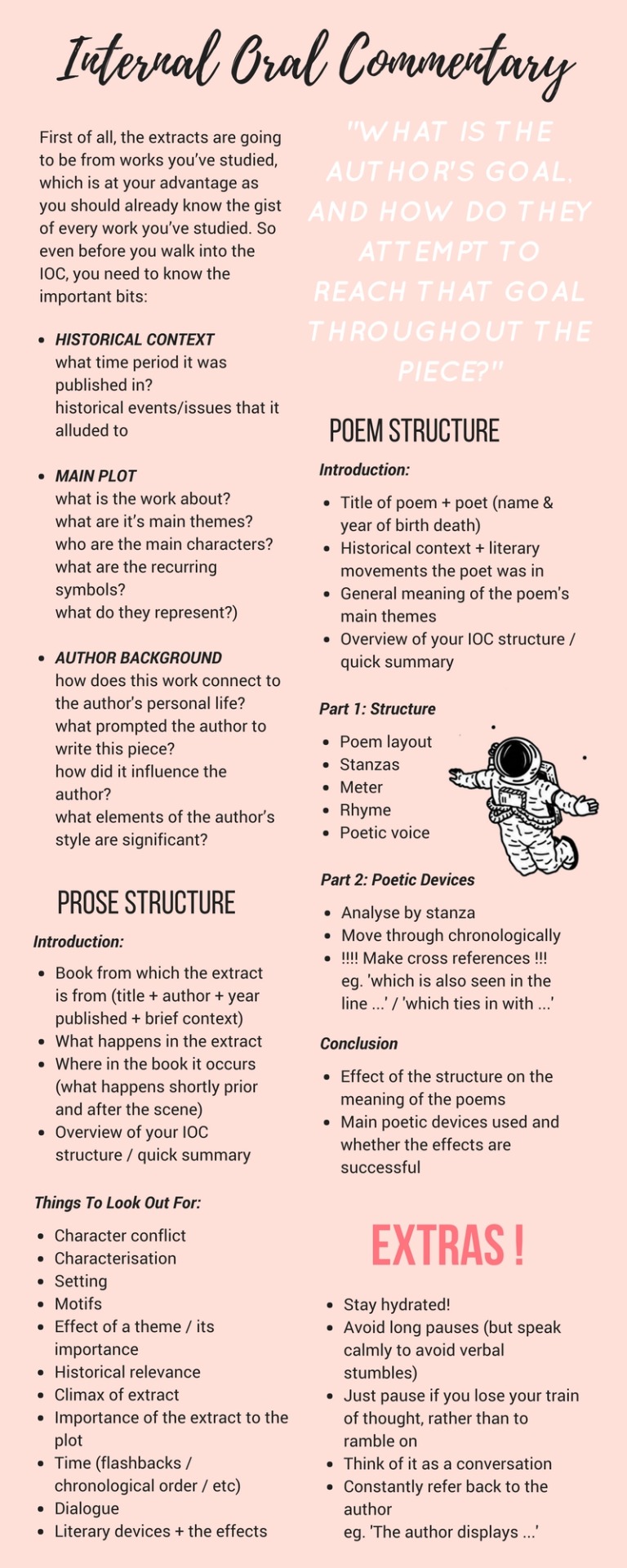
Just completed and submitted the final version of my Extended Essay !!! °˖✧◝(⁰▿⁰)◜✧˖°
So I compiled lists of words that I found super super useful in making it easier for me to finish any essay !! Here is a masterpost of some sort with transition words + key vocabs grouped together for easy access as well as an IB IOC ‘cheat sheet’ I used for my english LAL orals last year (though most commentaries follow a similar structure so its generalisable) ~
Good luck with your essays !!!
… oops just realised I forgot to bullet point one of the lists
Hi! So I recently discovered removing the word 'that' from 90% of my writing actually made it more fluid and hardly impacted the readability. Tiny achievement but very proud of myself as a novice writer ^.^ I was wondering if (other than the up/down one) there were any other tiny tricks for removing superfluous words? Thanks!
Great question! Honestly, there are hundreds, but here are a few to get you started.
Words You Can (Usually) Safely Cut from Your Writing
That
Then
Start
Begin
Suddenly
Down
Up
Kind of
Really
Just
Basically
In general, look out for adverbs (actually, really), “hedging” words (kind of, sometimes), and ambiguous words (nothing, everything, someone). Some can be cut; others will need to be revised or swapped out. “That” is a classic offender. “Then” can usually be changed to “and.” It’s only necessary to qualify that an action was “started” if the action gets interrupted, otherwise it can be cut. (”She started to cry” becomes “She cried”).
I have a detailed, exhaustive list of words like this (with explanations!) in my book The Complete Guide to Self-Editing for Fiction Writers, which will be done soon :)
Nice to hear from you & hope this helps!
//////////////
The Literary Architect is a writing advice blog run by me, Bucket Siler. For more writing help, check out my Free Resource Library, peruse my Tumblr Post Guide, or get The Complete Guide to Self-Editing for Fiction Writers. xoxo
